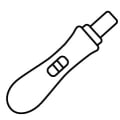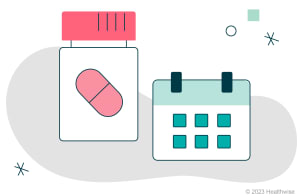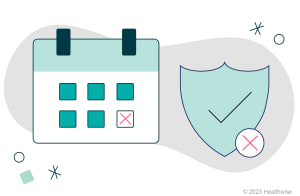Learning About Taking Medicine to Prevent HIV Infections
If you're at risk of being infected with HIV, talk to your doctor about pre-exposure prophylaxis (PrEP). When taken as directed, this medicine can help prevent you from getting HIV. Two medicines are combined in one pill called TDF/FTC - tenofovir disoproxil fumarate (TDF), and emtricitabine (FTC). While taking PrEP, you'll need to see your doctor and get regular HIV tests.
Many provincial and private health insurance plans cover the cost of these medicines. In Alberta, these medications are available at no cost to individuals at risk of HIV infection.
Why is it used?

Use PrEP to protect against HIV.
- It almost always protects you from getting HIV through sex.
- It reduces your risk of getting HIV from injecting drugs.

Take PrEP if you're trying to get pregnant with someone who has HIV.
- It can help prevent you from getting HIV. This will protect you and your baby.
How do you take PrEP?

PrEP is taken as a daily pill.

It's important to stay on schedule when taking PrEP. If you skip a pill, PrEP doesn't work as well to block the virus.
Follow-up care is a key part of your treatment and safety. Be sure to make and go to all appointments, and call your doctor or nurse advice line (811 in most provinces and territories) if you are having problems. It's also a good idea to know your test results and keep a list of the medicines you take.
Where can you learn more?
Go to https://www.healthwise.net/patientEd
Enter I152 in the search box to learn more about "Learning About Taking Medicine to Prevent HIV Infections".
Adaptation Date: 05/27/2024
Adapted By: Alberta Health Services
Adaptation Reviewed By: Alberta Health Services
